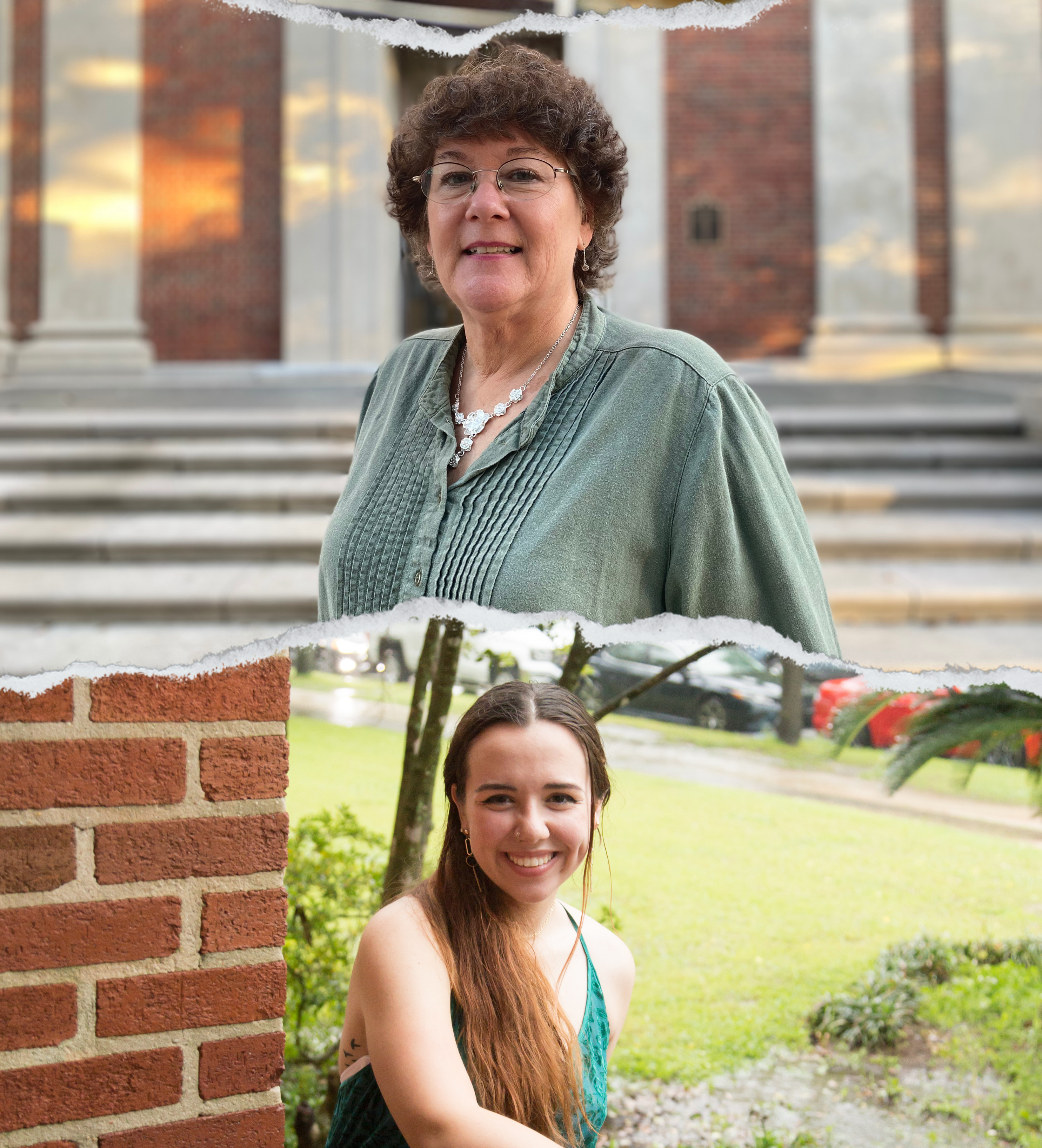Research in Action: How Tulane Libraries Helped Uncover a Social Work Pioneer
Stephanie Holden, a researcher and communication specialist at Tulane School of Social Work, recently authored an illuminating article titled “The 1953 MSW Grad Who Changed Louisiana Social Work History.” This piece highlights the life and achievements of Sue Oppliger, an extraordinary woman whose career in social work left an indelible mark on Louisiana. Stephanie collaborated with Ann Case, the university archivist at Tulane University Libraries, to uncover the details of Sue’s story. Here, both Holden and Case share insights into the research process that brought this fascinating history to light.
Challenges in Unearthing the Past
"Given that Ms. Oppliger graduated long before the World Wide Web came into existence, internet research for this article proved challenging," shared Holden. While she found valuable resources through historians focused on Louisiana’s civil rights, feminist, and mental health movements, the process was far from straightforward. "This article was more difficult to compose than our usual alumni profiles, which only require a few quick Google searches."
The Role of Tulane’s Archives
Holden credits Ann Case’s expertise and Tulane’s well-organized archives for making the project possible. "Ann was immensely helpful – so much so that I didn’t even have to go through the physical archives myself," said Holden. A pivotal moment came when Holden mentioned Ms. Oppliger's memory of a Jewish woman professor who had inspired her. Despite challenges, Case identified the professor as Dr. Edith Schulhofer, whose remarkable story could inspire yet another article.
Case described how her archival knowledge and serendipitous recollections contributed to the discovery: “I remembered Edith Schulhofer because she was a faculty member and a concentration camp survivor, a fact shared with me decades ago by a colleague’s father.”
Lessons in Research
For Holden, the process was a transformative experience. "Finding primary sources isn’t as intimidating as one might think," she noted. The archives revealed rich details about Ms. Oppliger’s life, from yearbook entries to copies of historical newspapers. One striking find was a photograph from a civil rights meeting featuring Dr. Martin Luther King, Jr., in which Ms. Oppliger may have been present.
Holden’s advice for researchers? "Exhaust your resources! Don’t be afraid to ask questions – the worst anyone can do is not respond."
Expert Advice from the Archivist
Ann Case offered practical guidance for those delving into Tulane’s history. She highlighted the benefits of unique last names in research, which allowed her to trace Ms. Oppliger’s activities despite her use of multiple first-name variations. She encouraged researchers to leverage Tulane’s digital resources, such as the America’s Historical Newspapers database, and invited inquiries via email: acase@tulane.edu.
A Beacon of Inspiration
Holden reflected on the impact of this project: "It was rewarding and deeply grounding to pull out the narrative of one woman’s piece of a much larger story. I hope it serves as a beacon of hope and inspiration.”
Rawad Nahhas
12/4/2024
